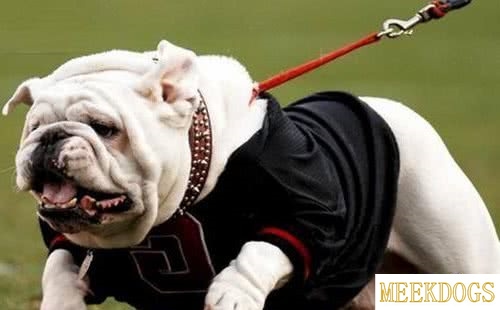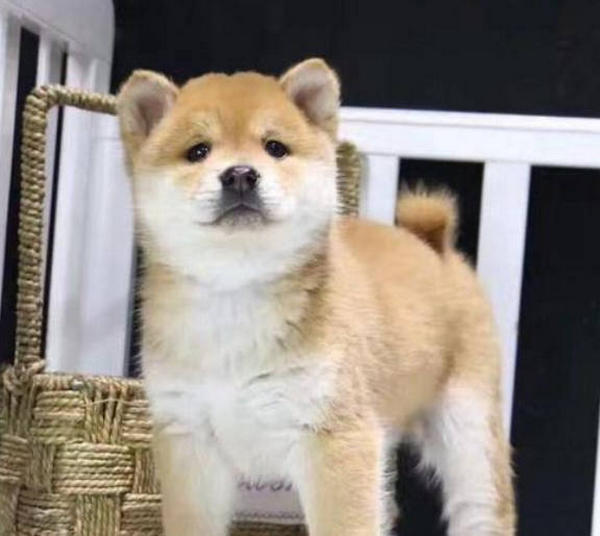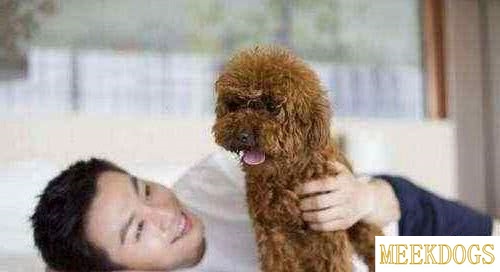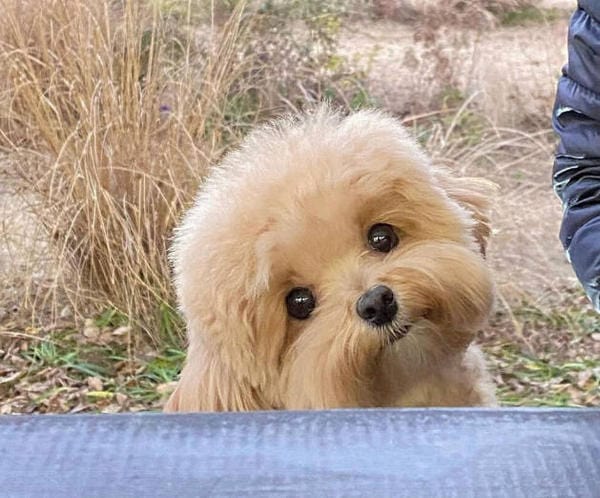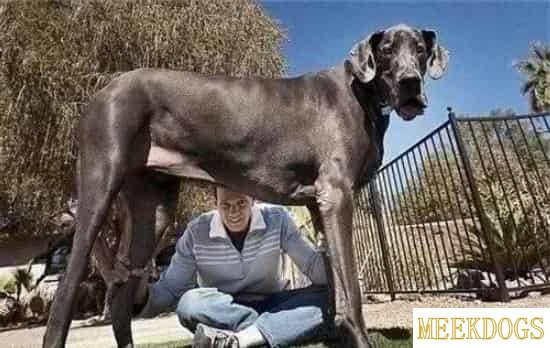What should I do if my dog growls to eat?
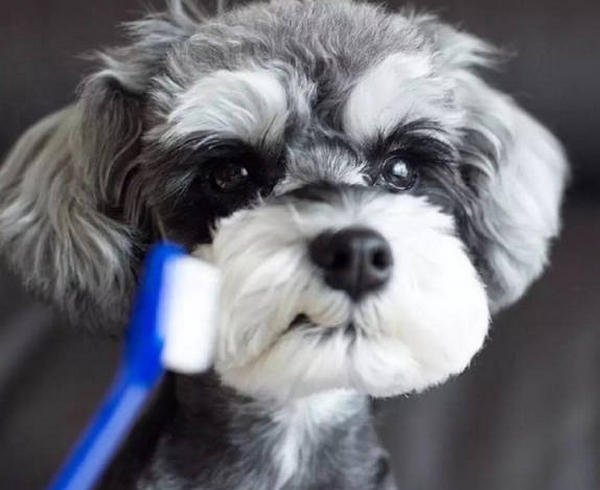
What do you do when your dog growls over food?
If your dog is growling over food, it is important to remain calm and not punish them. Instead, remove the food and provide them with a calm and quiet environment. Try to distract them with a toy or treat and then reintroduce the food. If your dog continues to growl, it is best to consult a professional trainer or behaviorist for guidance.
How do you stop food aggression in dogs?
1. Do not feed your dog from the table or give it treats when it exhibits aggressive behavior.
2. Feed your dog from a bowl on the floor and do not allow it to beg for food.
3. Establish a routine feeding schedule and stick to it.
4. Do not allow your dog to guard its food bowl or toys.
5. If your dog exhibits aggressive behavior, remove the food bowl and try again later.
6. Offer your dog treats as rewards for good behavior.
7. Teach your dog the ¡°leave it¡± command.
8. Give your dog plenty of exercise and mental stimulation.
9. If the problem persists, consult a professional dog trainer or behavior specialist.
Why does my dog growl when he’s eating?
Dogs may growl when they are eating for a variety of reasons. In some cases, it may be a sign of possessiveness or a way of communicating that they do not want to be disturbed. It could also be a sign of anxiety or fear, especially if the dog has had a negative experience with food in the past. If your dog is growling when he is eating, it is important to take him to the veterinarian to rule out any medical conditions that could be causing the behavior.
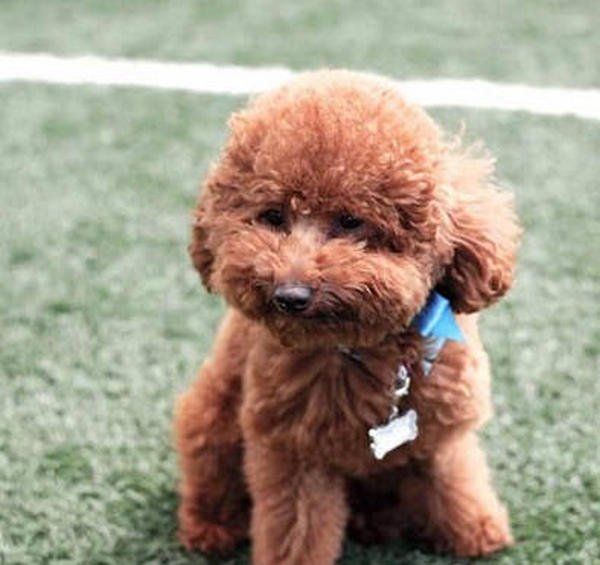
Should you stop a dog from growling?
No, you should not stop a dog from growling. Growling is a natural form of communication for dogs, and it is often used to alert you to an uncomfortable or potentially dangerous situation. If a dog is growling, it is important to assess the situation and take appropriate action to ensure the safety of everyone involved.
How do you calm a growling dog?
The best way to calm a growling dog is to remain calm yourself and avoid making sudden movements. Speak in a low, soothing voice and offer the dog a treat or toy. If the dog continues to growl, back away slowly and give them some space. If the dog is aggressive, seek professional help.
Can you train aggression out of a dog?
Yes, it is possible to train aggression out of a dog. It is important to identify the root cause of the aggression and provide positive reinforcement when the dog exhibits desired behaviors. Training should be done with a professional to ensure safety and the best possible outcome.

Do dogs grow out of food aggression?
Yes, dogs can grow out of food aggression with proper training and management. It is important to address food aggression early on, before it becomes a serious problem. Training techniques such as desensitization and counterconditioning can help dogs learn to be comfortable with people and other animals near their food. It is also important to provide consistent, positive reinforcement when the dog behaves appropriately around food.
Should you pet your dog while sleeping?
No, it is best to avoid petting a sleeping dog as it may startle them and cause them to wake up suddenly.
How do you assert dominance over a dog?
1. Establish yourself as the leader by using consistent commands and consequences.
2. Make sure you are the first one to eat, go through doorways, and initiate play.
3. Train the dog to respond to commands and reward them for good behavior.
4. Do not allow the dog to jump on you or demand attention.
5. Do not let the dog sleep in your bed or on the furniture.
6. Make sure you are the one to initiate physical contact.
7. Be consistent and never show any signs of fear or hesitation.
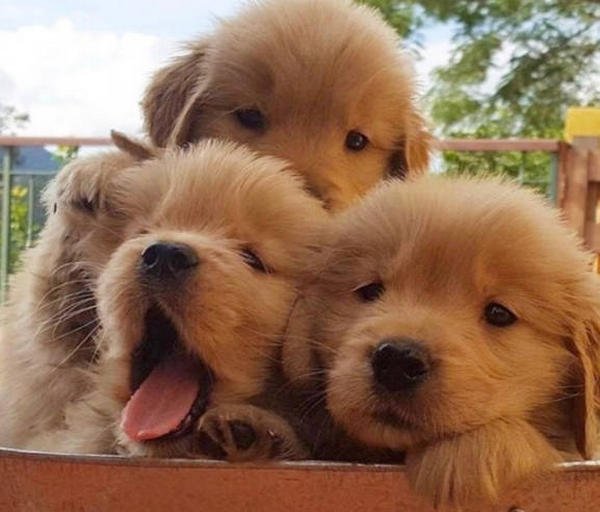
Should you pet your dog while eating?
No, it is not recommended to pet your dog while eating as it can be distracting and may cause them to beg for food.
When a dog growls at its owner?
If a dog growls at its owner, it is likely expressing fear, anxiety, or discomfort. It is important to remain calm and not punish the dog. Instead, try to identify the source of the dog’s fear or anxiety and remove it if possible. If the growling persists, contact a professional dog trainer for help.
Why is my dog suddenly growling at me?
There are many potential causes for a sudden change in your dog’s behavior. It could be due to fear, anxiety, pain, or a reaction to something in his environment. It is important to rule out any underlying medical conditions before attempting to address the behavior. If your dog is not exhibiting any other signs of illness, it is best to consult with a qualified animal behaviorist to determine the cause and develop an appropriate treatment plan.

Should you growl at your dog?
No. Growling at a dog can be interpreted as a sign of aggression and can cause fear or confusion. It is best to use positive reinforcement and rewards to train a dog.
Why does my dog growl when I try to move her in bed?
Dogs may growl when you try to move them in bed for a number of reasons. It could be a sign of discomfort, fear, or even dominance. If your dog is growling when you try to move them, it’s important to investigate the underlying cause. It could be that they are feeling uncomfortable or anxious in the situation, or it could be a sign of dominance. In either case, it’s important to consult with a professional to help you determine the best way to address the behavior.
Is dog growling always aggressive?
No, not always. Dogs may growl for a variety of reasons, including fear, pain, warning, or even to express excitement or pleasure. It is important to assess the context and body language of the dog to determine if the growling is aggressive or not.

Can an aggressive dog be cured?
Yes, aggressive dogs can be cured, but it is a process that requires patience and consistency. It is important to understand the root cause of the aggression and to address the underlying issues that are causing the aggressive behavior. An experienced professional, such as a veterinarian or animal behaviorist, can help you develop a treatment plan that is tailored to your specific dog.
